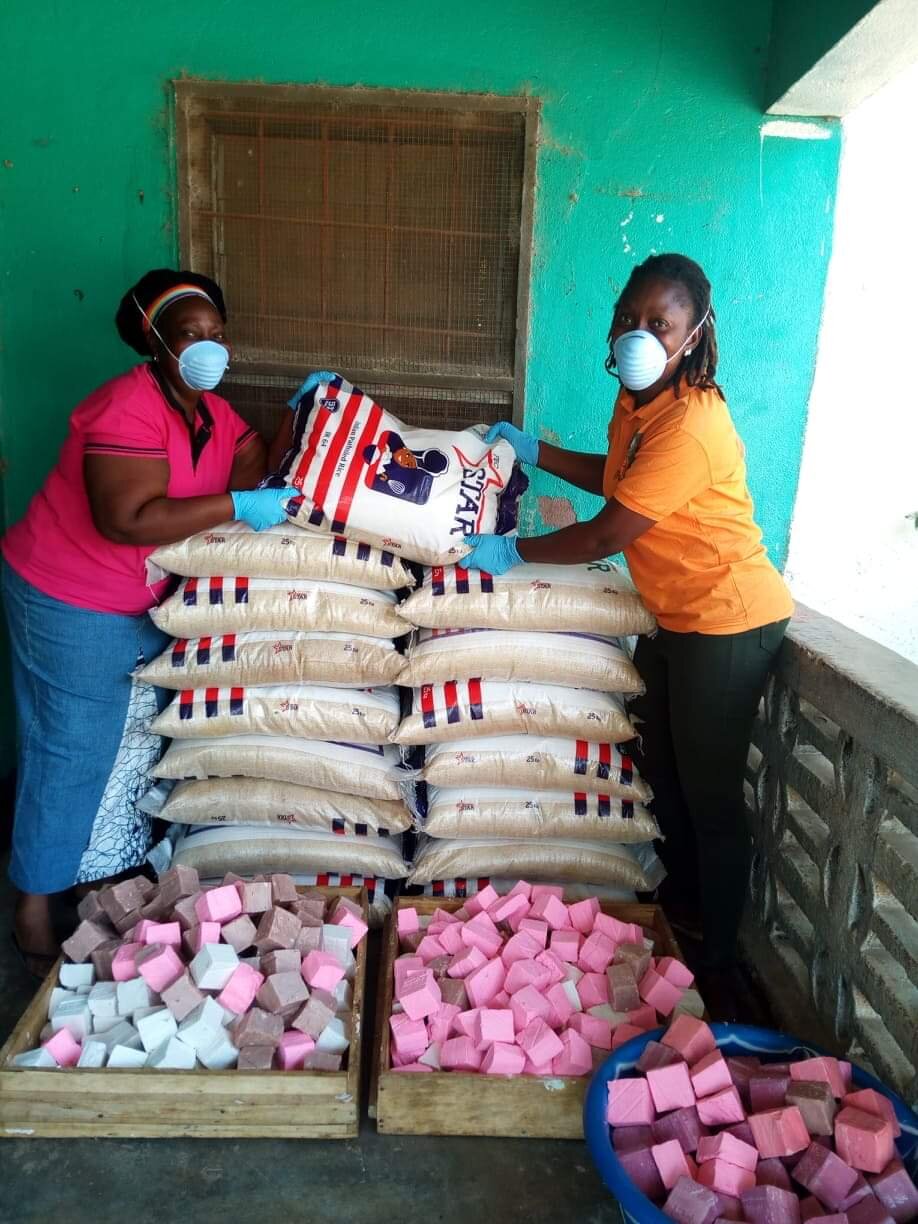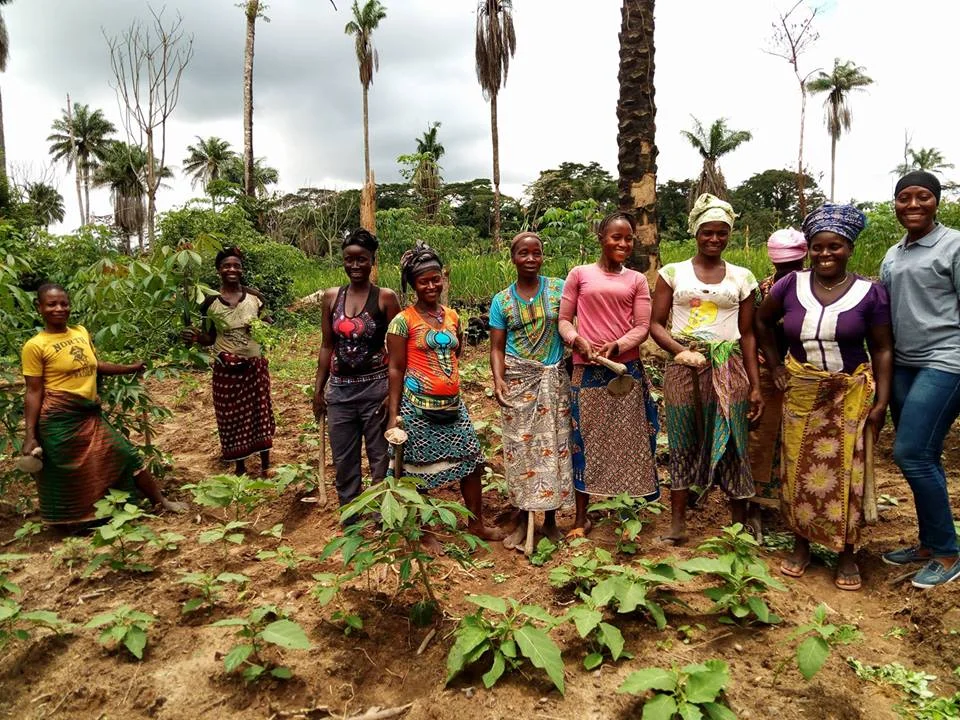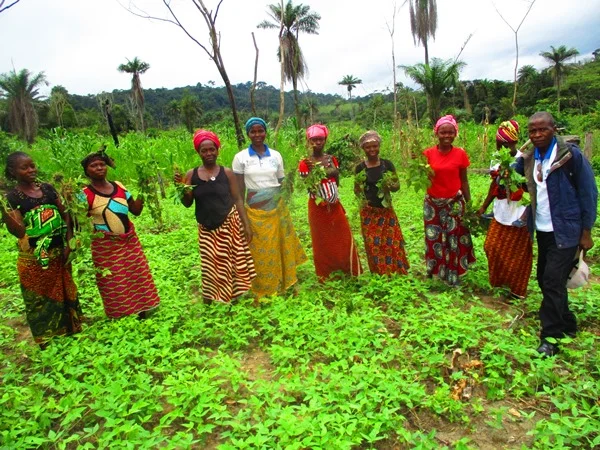Food Security for Ebola Widows
Location: Liberia
Liberia has endured many challenges since the civil war ended in 2003. However, the country is still faced with a high unemployment rate, poor infrastructure and a low literacy rate. The Ebola crisis of 2014 - 2015, which killed over 4,000 people nationwide and furthered affected every sector of the country, was an enormous setback.
The Ebola crisis ended in 2016 but left unbearable scars on the lives of many communities. During the crisis, families, communities and children were quarantined, labelled, stigmatized, blamed and abandoned. Children saw their parents and other relatives taken to the treatment centers and never returned. Some children saw their parents die in front of them.
In situations where a family's breadwinners died, the remaining members were left with little hope of of a stable income. In particular, widowed women were left to provide the most basic needs for their families. Some of the women who lost spouses were forced to marry against their will just to provide food for their remaining family members. 99% of the women in rural communities affected by Ebola are illiterate and without any income generating skills.
Communities affected by Ebola are predominately involved in subsistence farming, growing what they need to eat to sustain them. The Food Security For Ebola Women project build on the regions farming traditions and focus on training small groups of women in vegetable garden management as well as providing gardening tools and seedlings. Women will also be taught basic business and marketing skills. The project will take place throughout an entire harvest season, so women can learn the entire process of turning seeds into food and income.
Individual and group counseling will also occur throughout the project implementation to ensure that every beneficiary of the project fully recovers from the Ebola trauma and depression. With a comprehensive training and support system, widows affected by Ebola can develop the courage and determination to stand up and provide the basic needs for their families, including sending their children to school.









